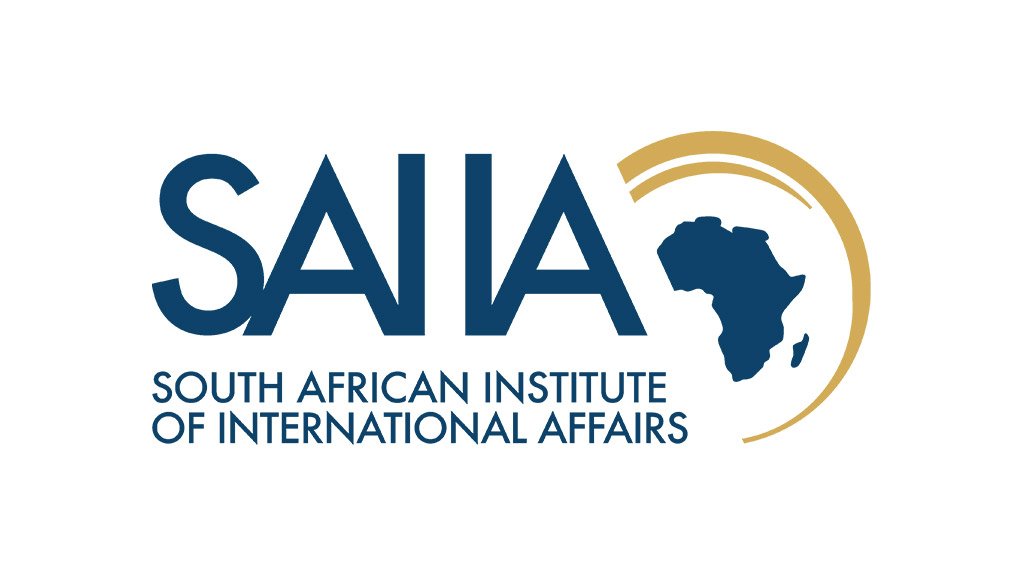As the world’s premier forum on international economic governance, the G20 plays an important role in global rule-making.
Born out of crisis, the G20 has morphed into the inner sanctum of world governance. Given that Africa has been a rule-taker since its decolonisation, its limited participation in this grouping (only South Africa is a full member) runs the risk of perpetuating this situation.
For Africa the G20 is important for three reasons. First, the erosion of the multilateral system is deleterious to Africa’s interests, made up as it is of small economies. Second, in the global context the continent still faces huge developmental challenges, often exacerbated in certain regions by long-standing conflicts and poor governance. The changes in the global economy and how the G20 sets about advocating for responses, present both opportunities and pitfalls in this regard. Moreover, for all its political, economic and developmental challenges, Africa has exhibited much more agency in recent years. Lastly, Africa has been willing to resolve some of its challenges on its own, and is unwilling to sit on the side-lines of major global governance debates. Its demographic dividend holds great potential for the future. Furthermore, global agendas such as the Sustainable Development Goals, the Paris climate change agreement and managing migration cannot be advanced without Africa’s meaningful engagement.
Under successive G20 presidencies Africa has featured as part of the discussions in the G20 Development Working Group, a permanent organ dedicated to policy fostering sustainable development and narrowing the development gap, as well as in various other workstreams, including in the finance track. The future of work, infrastructure for development, illicit financial flows, the future of the world trading system, sustainable food futures and energy transitions to name a few, all carry resonance for African states and their 50-year vision of Agenda 2063.
The Japan G20 presidency in 2019 focused on a number of issues that have a bearing on African concerns such as fiscal and debt sustainability, quality infrastructure and digital governance. A number of these, as well as other elements, formed part of the deliberations of the Think 20 Africa Standing Group and the associated task force on Africa.
The growing concern among many developed countries that African states’ debt was rising again was driven by the fact that the number of African countries at high risk or in debt distress had more than doubled passing from 8 in 2013 to 18 in 2018. Close to 40% of sub-Saharan African countries are at risk of a major debt crisis, according to the World Bank. While it was important to distinguish between debt raised for investment and that raised for current expenditure, it was nevertheless important for the G20 to support debt data reporting and standardisation to ensure that domestic revenues were not lost to profit shifting and that multilateral development banks were adequately capitalised to offer countries alternative solutions to expensive or risky foreign currency debt in international capital markets. Debt transparency among G20 members was also imperative.
The Africa task force also emphasised that G20 countries needed to recognise that African states faced significant challenges in implementing international requirements related to taxation and tackling base-erosion and profit shifting and that they should not penalise them for failing to implement international tax standards they did not have the capacity to implement. Frameworks were often developed without bearing in mind the consequences for small, less developed economies.
While the global trading system was coming under significant pressure from protectionist and unilateralist action by powerful countries, the G20 needed to push for World Trade Organisation (WTO) reform and equally to address many G20 countries’ trading practices, especially subsidies and non-tariff barriers that undermined G20 members’ standing in international trade negotiations. This was also relevant to the G20’s agricultural trade practices. Africa had recognised the trend in the regionalisation of trade agreements, and was rolling out the African Continental Free Trade Agreement so as not to be left behind; however, such initiatives could not and should not replace the multilateral trading system.
Over the years, the G20 has made a number of commitments to promote agriculture and food security, with the emphasis on integrated, inclusive and equitable development of the global food system. To realise this the G20 should promote policies and practices that provided opportunities to smallholder farmers, including women, in the agro-processing industry. In this context, digital technology could play a key role by creating an information system for food market transparency.
In the area of digital governance and e-commerce Africa was concerned about unilateral moves to create faits accompli by certain developed countries, that also had an impact on domestic revenue generation. The growth of e-commerce should not undermine tax collection. Equally Africa’s demographic trajectory over the next three decades means that the continent will generate volumes of data. If data were the new oil in the 21st century, who owned them would become wealthy. Thus the issue of data ownership is not only related to privacy but also to the fact that countries or actors are in a position to exploit them for their own enrichment.
Global rules to which all countries are held accountable are important as they are intended to level the playing field. This is especially true for smaller countries that do not have the luxury of might to project their interests. However, global rules need to be fair and take into account the different contexts that developed, developing or emerging economies face. Keeping Africa on the G20 agenda is important, but even more consequential is considering how the G20 incorporates the concerns of developing regions such as Africa into the way it determines global rules.
Research by Elizabeth Sidiropoulos, SAIIA
EMAIL THIS ARTICLE SAVE THIS ARTICLE ARTICLE ENQUIRY
To subscribe email subscriptions@creamermedia.co.za or click here
To advertise email advertising@creamermedia.co.za or click here











